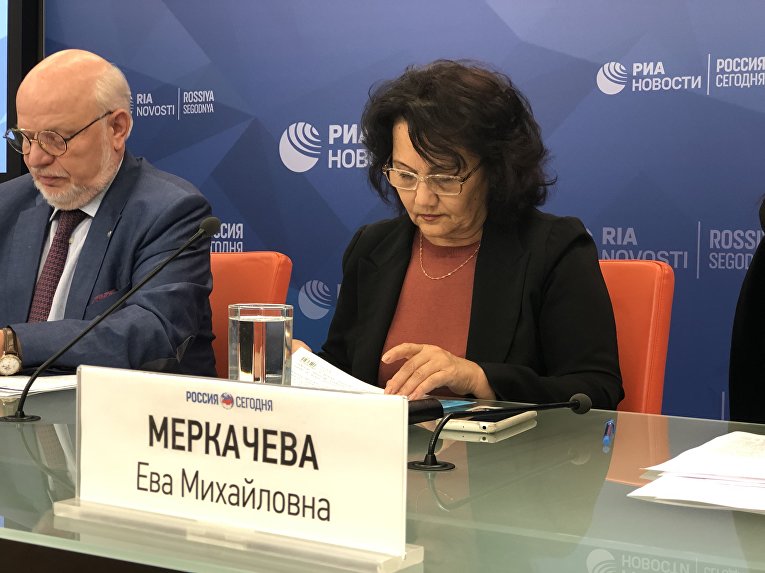MOSCOW, July 16 (RAPSI, Diana Gutsul) – Russia’s government has negatively reacted to a proposal of the Presidential Human Rights Council to develop a National Action Plan on human rights, Chairwoman of the Standing Commission on NGO Development Natalia Yevdokimova has said at a press-conference.
The National Action Plan, as the expert has explained, is a managerial mechanism permitting to assess the situation as concerns the observance of human rights and develop a roadmap as to how these rights, if violated, are to be protected.
Yevdokimova complained that at present no such mechanism exists in Russia with the exception of a plan with respect to the rights of children, completed last year, and a strategy of protection of the rights of women, launched in 2018. At the same time, according to the expert, there are several regional human rights Action Plans.
Russia’s regions responded to the call to provide their proposals as to the developments in the human rights sphere, mostly citing social rights related problems in education, medicine, housing, environment, labor, culture and business. The expert noted that human rights activists were not deterred by the government’s negative reaction, and were ready to act on their own.
As Mikhail Fedotov, the Human Rights Council’s Chairman, observed, the government’s reaction was a result of certain misunderstanding due to its failure to consult competent organizations like the Civic Chamber of Russia and human rights activists, since the National Action Plan was a UN approved format envisaging a concerted effort of the government and the civil society to resolve human rights related problems.
Fedotov cited an instruction of Russia’s President as to the development of proposals by the Human Rights Council, which he said the bocy intended to comply with by not abandoning the National Action Plan idea and persistently pushing it on.



